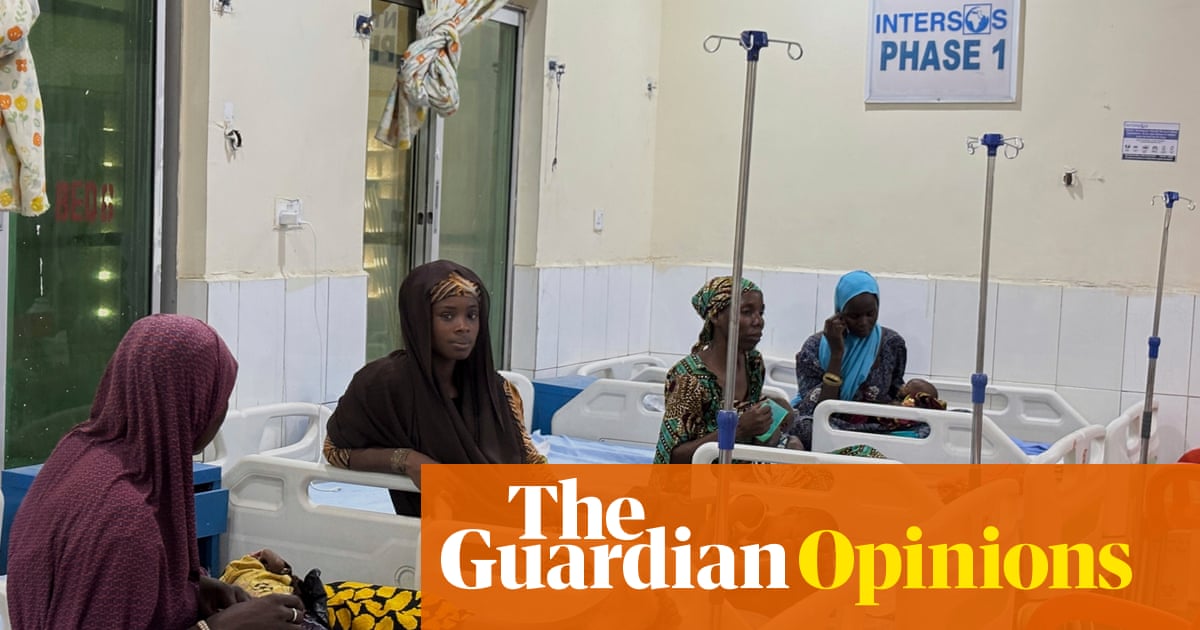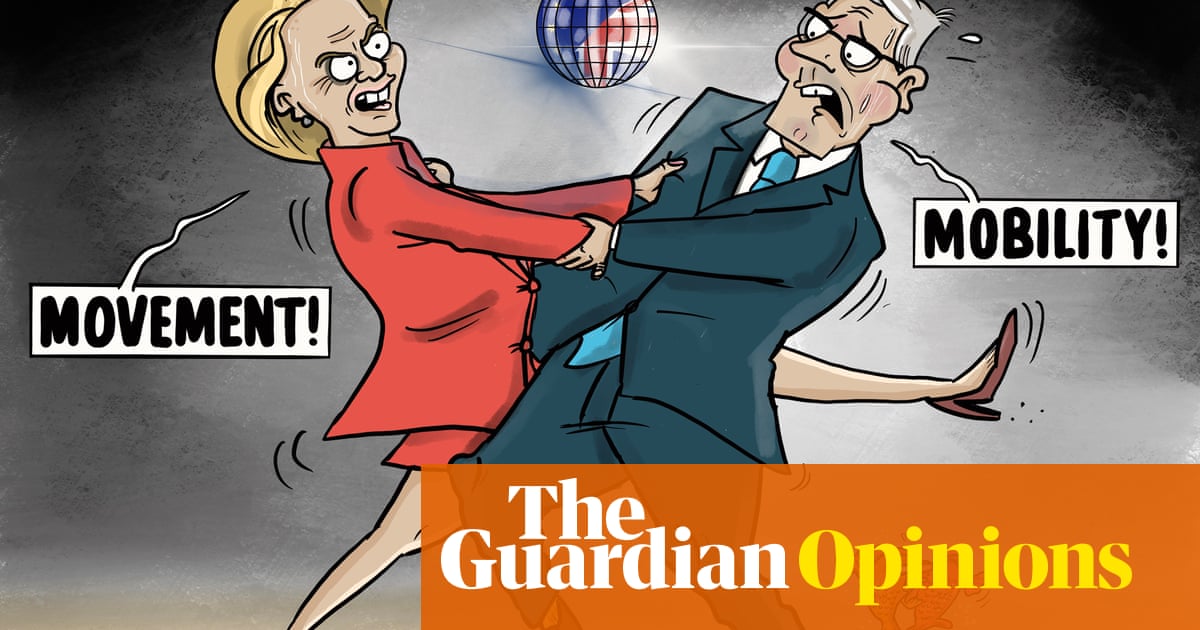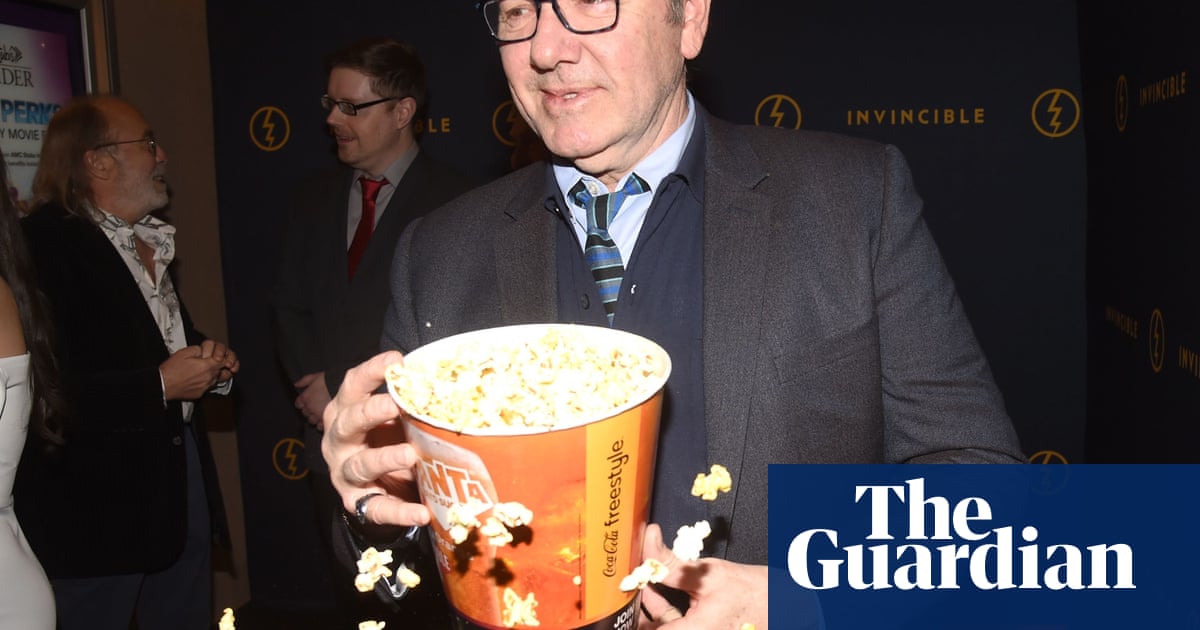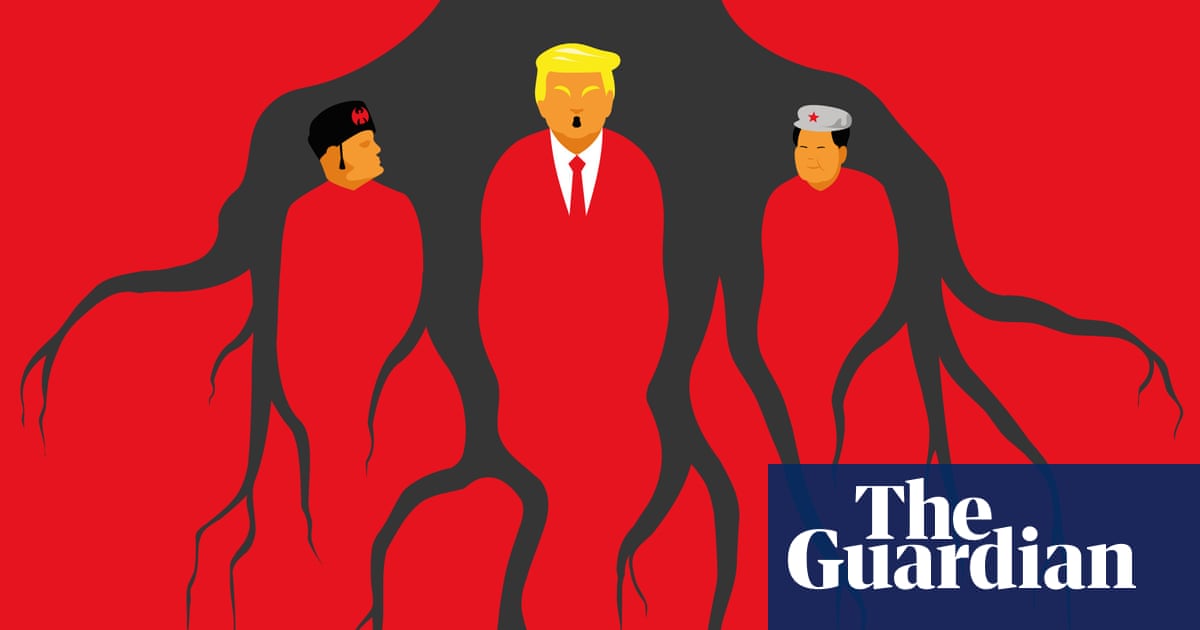During Robert F Kennedy Jr’s Senate confirmation hearing on 30 January, Angela Alsobrooks, a Democratic senator from Maryland, pressed the nominee on his past claims that Black people have a stronger immune system than white people and thereby, should receive vaccines on a different schedule than them. “What different vaccine schedule would you say I should have received?” Alsobrooks, who is Black, asked the health secretary nominee. Kennedy then referenced a “series of studies” showing that “to particular antigens, Blacks have a much stronger reaction”.
The exchange is cause for alarm for many, as it signified how close a man who holds medically racist beliefs was to becoming the country’s leading health official. Dr Richard Kennedy – an author of the study referenced at the hearing, who is not related to Kennedy – told NPR that while it’s true the immune response to vaccination can vary by race, sex and “potentially dozens of other factors”, the data does not support a change in vaccine schedule based on race.
Alsobrooks went on to characterize the nominee’s incorrect interpretation of medical research as “dangerous”, noting the potential for the misinformation to have far-reaching and tangible effects on people’s lives. Shannon Cavanagh, the department chair of sociology at University of Texas, Austin, agreed with this sentiment, telling the Guardian that ideas like Kennedy’s could be used to rationalize the lack of care for an under-served population. She noted that even though false claims that Black people possess a stronger immune system or higher pain tolerance persist, the demographic actually suffers from higher maternal mortality rates and lower life expectancy than other groups.
“That’s the problem,” she said. “These claims are made to seem positive, but they calcify the reality that there is disparate access to healthcare and that has real implications for health and wellbeing.”
Since his nomination, Kennedy has faced significant criticism from several members of the scientific community for making various false claims about vaccines. In this case: “He made an assumption that is so far removed from even what the paper itself would be possibly indicating and presented it as a valid national policy”, Dr Devlin Cole, a preventive medicine physician in Madison, Wisconsin, said of the claims made at the hearing. As a practicing physician, Cole said she fears rhetoric like Kennedy’s could lead to negative health outcomes for an already underserved demographic: “It instills distrust in communities that have already had reason to distrust the system.”
No genetic basis for race
African Americans have a long history of mistrust in the medical system, rooted in legacies of abuse and mistreatment, including unethical experiments on Black people. Examples include the Tuskegee syphilis study, the gynecology malpractice of J Marion Sims on enslaved Black women and the exploitation of Henrietta Lacks for cancer treatment, all which violated the principles of research ethics. The basis of these events stemmed from exploitation upheld by the idea that race is biological. In 2003, the Human Genome Project found that there is no genetic basis for race and that the term “race” is not biologically meaningful, meaning statements like Kennedy’s are not only outdated, but also false.
Throughout history, two enduring physiological myths – that Black people have a higher pain tolerance and weak lungs that could be strengthened through hard labor – have circulated within the medical community and continue to influence modern medical education and practice. Research has shown that many American physicians, medical students and residents hold incorrect beliefs about biological differences between races, which contribute to racial bias and disparities in pain perception and treatment recommendations. A 2016 survey revealed that of 222 white American medical students and residents, nearly 60% thought Black people’s skin is thicker than white peoples, and 12% thought Black people’s nerve endings were less sensitive than those of white people. Neither is true.
“Spreading false rhetoric that Black people have stronger immune systems recalls this notion of a super-humanization bias, which claims that Black people’s bodies function and endure pain differently,” said Zoé Samudzi, a visiting assistant professor at Clark University. Samudzi, who holds a PhD in medical sociology, fears the rise in misinformation will roll back recent progress across health fields. “Race-based medicine should not be the means of addressing the disparities in health outcomes that fall on the lines of race,” she said.
Kennedy’s claims about different vaccine schedules isn’t the first time he has misinterpreted a study and tied it to unsupported racial differences. In 2021, he produced a film that references a study to suggest that vaccines could be disproportionately harming Black Americans. The author of the study, Dr Gregory Poland, told NPR that “no evidence of increased vaccine side effects” was found and that any claim of “increased vulnerability” among Black Americans who receive the rubella vaccine is “simply not supported by either this study or the science”.
The potential directives that could come into play under Kennedy’s appointment pose a huge threat: Cole worries it could confuse and misinform medical professionals. “If a person that is so scientifically unqualified is going to be in a position of trust, you definitely run the risk of people all the way down to the ground to – nurses, pharmacists that are giving you your vaccines – having misinformation that in some ways was not their fault to have passively consumed.”
Samudzi is concerned that a Kennedy appointment could result in policies that halt research and dismantle demonstrably proven health interventions. “I worry that the epidemiological and public health research on marginalized communities would also be inaccessible for the other people who want to do it,” she said. “His vision is completely unscientific and terrifying.”
On Tuesday, Republicans on key Senate committees voted to advance Kennedy’s nomination to lead the Department of Health and Human Services. “This is an important time for people to band together as a community, as a nation,” said Cole. “As much as possible, avoid getting pulled into panic. And trust that the scientific community is still active.”

.png) 3 months ago
35
3 months ago
35

















































